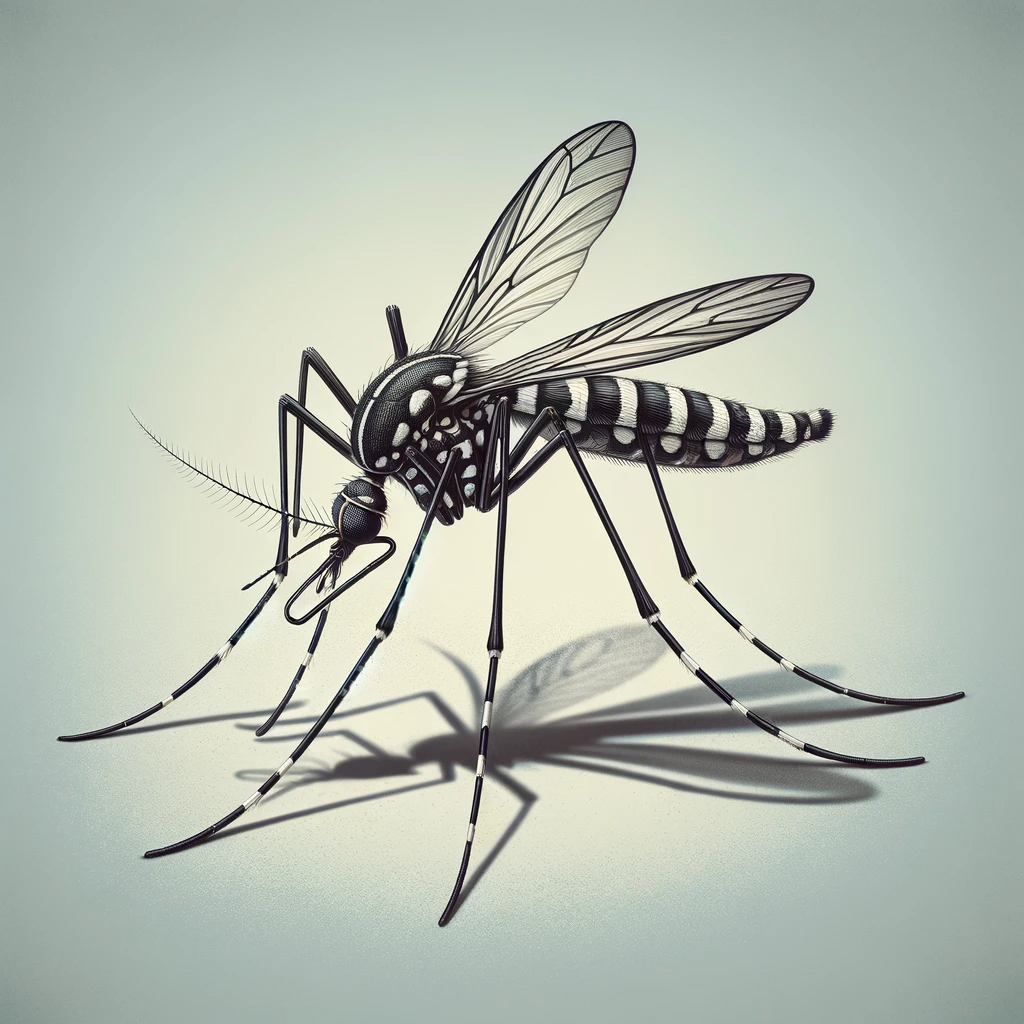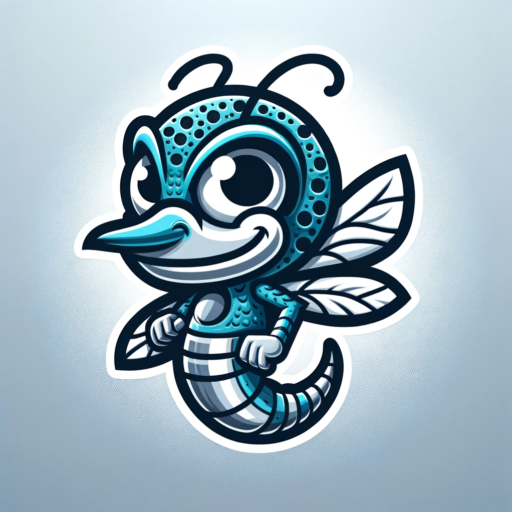
Etiology and Transmission:
Dengue fever is caused by the dengue virus (DENV), a flavivirus. There are four distinct serotypes of the virus (DENV-1, DENV-2, DENV-3, and DENV-4), each inducing serotype-specific immunity. Transmission primarily occurs through the bite of infected female Aedes mosquitoes, predominantly Aedes aegypti and Aedes albopictus. These mosquitoes are diurnal and prefer to bite during early morning and evening hours.
Pathogenesis:
Following the bite of an infected mosquito, DENV initially replicates in dendritic cells of the skin. It then disseminates to the lymph nodes and bloodstream, establishing a systemic infection. The virus binds to specific receptors on immune and endothelial cells, triggering immune system activation and cytokine release. Excessive cytokine production can lead to various symptoms, including high fever, headache, muscle pain, and joint pain. In severe cases, dengue fever can progress to dengue hemorrhagic fever (DHF) or dengue shock syndrome (DSS), which are associated with high mortality.
Symptoms:
The incubation period of dengue fever ranges from 3 to 14 days. Most infections are asymptomatic or present with mild influenza-like symptoms. Typical symptoms include:
- High fever (up to 40°C)
- Severe headache
- Retroorbital pain (pain behind the eyes)
- Muscle pain (myalgia)
- Joint pain (arthralgia)
- Nausea and vomiting
- Rash (usually maculopapular)
Severe complications may develop in some cases, such as:
- Dengue hemorrhagic fever (DHF):
- Vasculitis (inflammation of blood vessels)
- Increased bleeding tendency
- Thrombocytopenia (decreased platelet count)
- Plasma leakage
- Dengue shock syndrome (DSS):
- Hypovolemia (decreased blood volume)
- Shock
- Organ failure
Diagnosis:
Dengue fever diagnosis is typically achieved through serological tests that detect antibodies against the DENV. Viral detection by PCR can also be performed during the acute phase of infection.
Treatment:
There is no specific treatment for dengue fever. Management focuses on symptom relief and preventing complications. This includes:
- Bed rest
- Fluid replacement
- Antipyretics
- Analgesics
- Intensive care for severe complications
Prevention:
The primary preventive measure against dengue fever is mosquito bite avoidance. This includes:
- Using mosquito nets
- Wearing long clothing and closed shoes
- Applying insect repellent
- Controlling mosquito breeding sites
Vaccination:
Several dengue vaccines are licensed in some countries. However, vaccination is not suitable for everyone and does not provide complete protection against all DENV serotypes.
Epidemiology:
Dengue fever is a major mosquito-borne viral disease worldwide. Approximately 390 million people are estimated to be infected with DENV annually. Most cases occur in Southeast Asia, the Western Pacific, and the Americas. However, the incidence of dengue fever is also increasing in other regions, partly due to climate change and urbanization.
Research:
Extensive research is ongoing for the development of novel therapeutics and vaccines against dengue fever. The aim is to improve the
